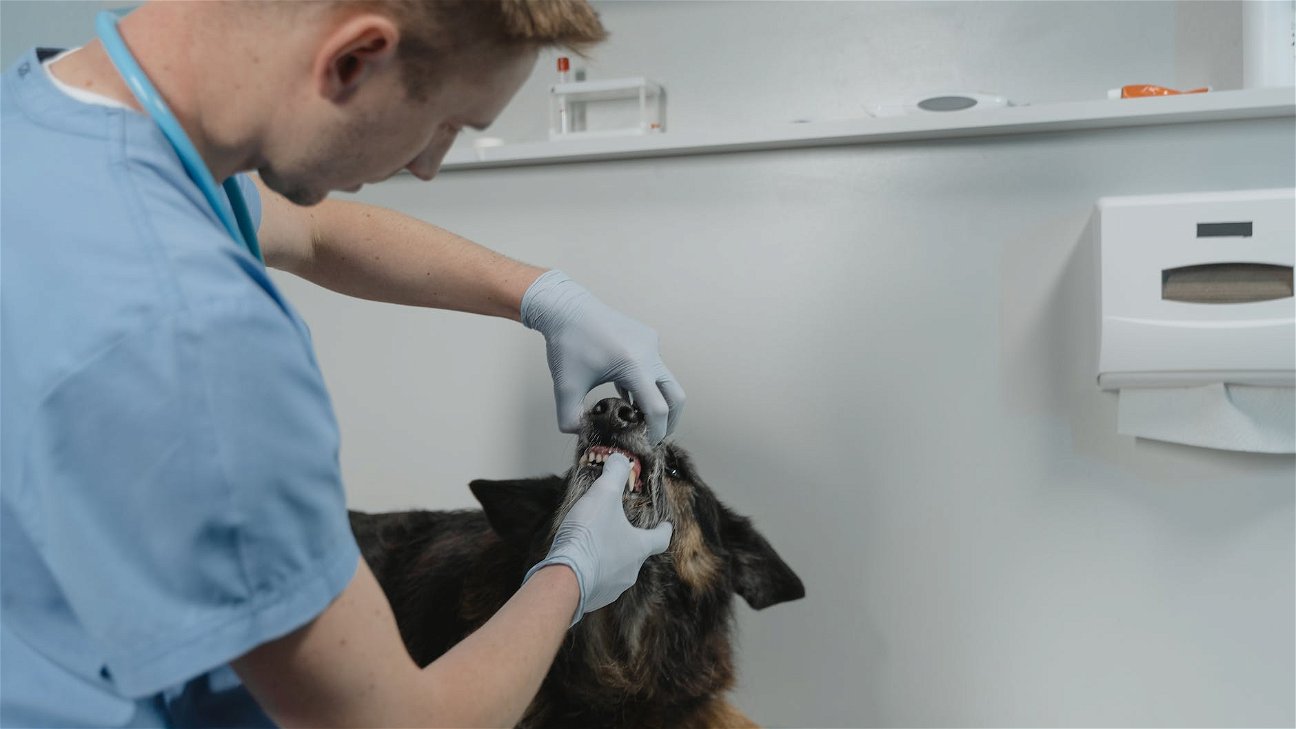
When it comes to ferret care, many misconceptions abound. These little creatures require a unique approach to their care due to their distinctive behaviors and needs. In this article, we'll debunk some common myths and shed light on the proper care ferrets require.
Understanding Ferret Behavior
Dispelling misconceptions begins with understanding ferret behavior. They are intelligent, curious, and playful pets who are prone to getting into mischief if not properly supervised. Ferrets are not 'wild animals' as some believe and can form strong bonds with their owners when well cared for.
Common Misconceptions and the Truth
Let's address some of the most common misconceptions about ferret care and reveal the truth.
-
Ferrets are low maintenance pets: This is far from the truth. Ferrets need daily interaction, playtime, and a clean environment. They're not a pet you can just leave in a cage. Their cage should be adequately sized and they should be allowed regular time out of it to explore and play.
-
Ferrets are smelly pets: Ferrets do have a natural musk, but it's not as strong as some might think. Proper hygiene, including regular cage cleaning and frequent baths, can help manage their smell.
-
You can feed ferrets any food: Like any pet, ferrets need a balanced diet. They're obligate carnivores, meaning they need a diet high in protein and fat from meat. They cannot digest carbohydrates or fiber well, so avoid feeding them fruits, vegetables, or grains.
-
Ferrets are aggressive: This is a misconception. Ferrets can be very friendly and playful. However, like any pet, they can become defensive if they feel threatened. Proper socialization and handling can ensure they are comfortable and friendly.
Essential Ferret Care Tips
Now that we've debunked some common myths, let's look at some essential care tips for your ferret.
-
Provide a balanced diet: Ferrets require a diet high in animal protein and fat. Offer them quality ferret food or raw meat. Avoid foods high in sugar, carbohydrates, and fiber.
-
Ensure proper hygiene: Regularly clean their cage and litter box. Give them a bath at least once a month but not too often as it can dry out their skin.
-
Offer plenty of playtime: Ferrets are playful creatures. Provide a safe environment for them to explore and play. This can also help prevent obesity and boredom.
-
Regular vet visits: Regular check-ups can help identify health issues early. Make sure your vet is familiar with ferrets as they have unique health needs.
In conclusion, understanding your ferret's needs and behavior is essential to providing them with proper care. By debunking these misconceptions, we can ensure that ferrets get the care they deserve and live a happy, healthy life.











